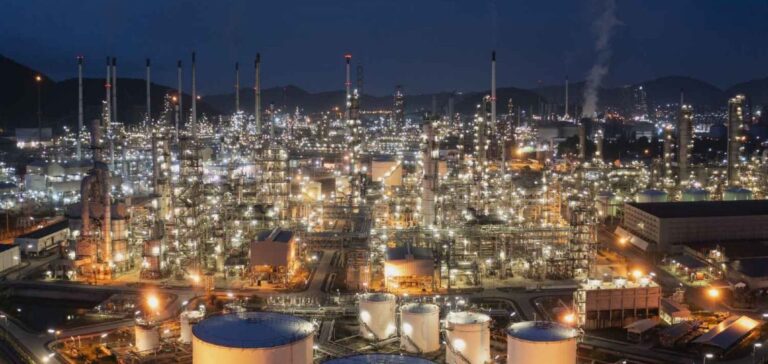Equatorial Guinea, dealing with a continuous decline in oil production, is set to relaunch a process for granting oil and gas licenses. The announcement was made by the African Energy Chamber (AEC), highlighting the need to attract new capital to revitalize a key sector of the national economy.
A Declining Oil Sector
Like other hydrocarbon-producing countries in Africa, Equatorial Guinea is facing the gradual depletion of its mature fields. According to projections from the International Monetary Fund (IMF), the country’s economy recorded a 7.8% recession in 2023, largely attributed to declining oil production. This trend is expected to continue, with an estimated 5% contraction of GDP in 2024.
An Anticipated Licensing Round
The last such operation took place about six years ago. The new licensing round is expected to open oil and gas exploration blocks to international and regional companies. At this stage, authorities have not specified the areas concerned or the exact launch date, but the goal remains to reverse the downward trend and ensure some stability in the sector.
Prospects for Natural Gas
As crude oil production declines, developing natural gas presents a strategic alternative. The African Development Bank (AfDB) forecasts an increase in gas production by 2025, particularly through the development of new wells. This transition could partially offset the decline in oil revenues while ensuring long-term energy resources.
A Major Economic Issue
Hydrocarbons currently account for 42% of Equatorial Guinea’s GDP, 95% of its exports, and 90% of its public revenues. This dependence on fossil resources highlights the need for a structural transformation of the economy. International financial institutions recommend that local authorities implement reforms to diversify revenue sources and improve resilience to fluctuations in global energy markets.






















